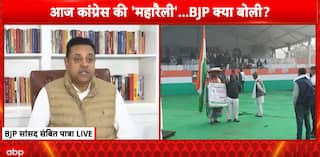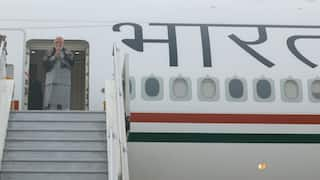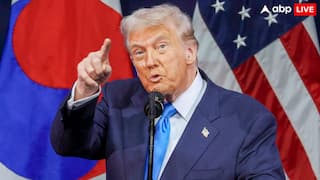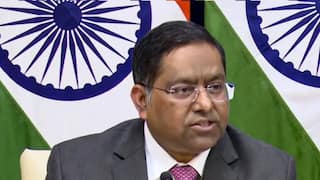No Proposal To Recognise Bitcoin As Currency, Says Finance Minister Nirmala Sitharaman
The minister also informed the House that the government does not collect data on Bitcoin transactions

New Delhi: Finance Minister Nirmala Sitharaman on Monday said that the government has no proposal to recognise Bitcoin as a currency in the country. In a reply to a question asked on Bitcoin in Parliament, the minister informed the House that the government does not collect data on Bitcoin transactions, PTI said.
Whether the government has any proposal to recognise Bitcoin as a currency in the country, the minister said, “No, sir.”
Bitcoin is a digital currency that allows people to buy goods and services and exchange money without involving banks, credit card issuers or other third parties.
It was introduced in 2008 by an unidentified group of programmers as a cryptocurrency as well as an electronic payment system. It is reportedly the first decentralised digital currency where peer-to-peer transactions take place without any intermediary.
Meanwhile, the Centre plans to introduce the Cryptocurrency and Regulation of Official Digital Currency Bill 2021 in the ongoing winter session of Parliament. The Bill seeks to ban all but a few private cryptocurrencies to promote underlying technologies while allowing an official digital currency by the RBI.
In reply to another question, Sitharaman said, ministries and departments have spent Rs 2.29 lakh crore as capital expenditure during the April-September period of the current fiscal.
This is 41 per cent of the Budget Estimate of Rs 5.54 lakh crore for 2021-22. The actual expenditure during current fiscal is about 38 per cent higher than the corresponding expenditure in FY20-21, she said.
To accelerate capital expenditure for creation and upgrade of infrastructure in the economy, the Centre had launched the National Infrastructure Pipeline (NIP) with projected infrastructure investment of Rs 111 lakh crore during the period 2020-2025 to provide world-class infrastructure across the country, and improve the quality of life for all citizens.
NIP was launched with 6,835 projects, which has expanded to over 9,000 projects covering 34 sub-sectors. NIP is expected to improve project preparation, attract investments into infrastructure, and play pivotal role in economic growth, she said.






































